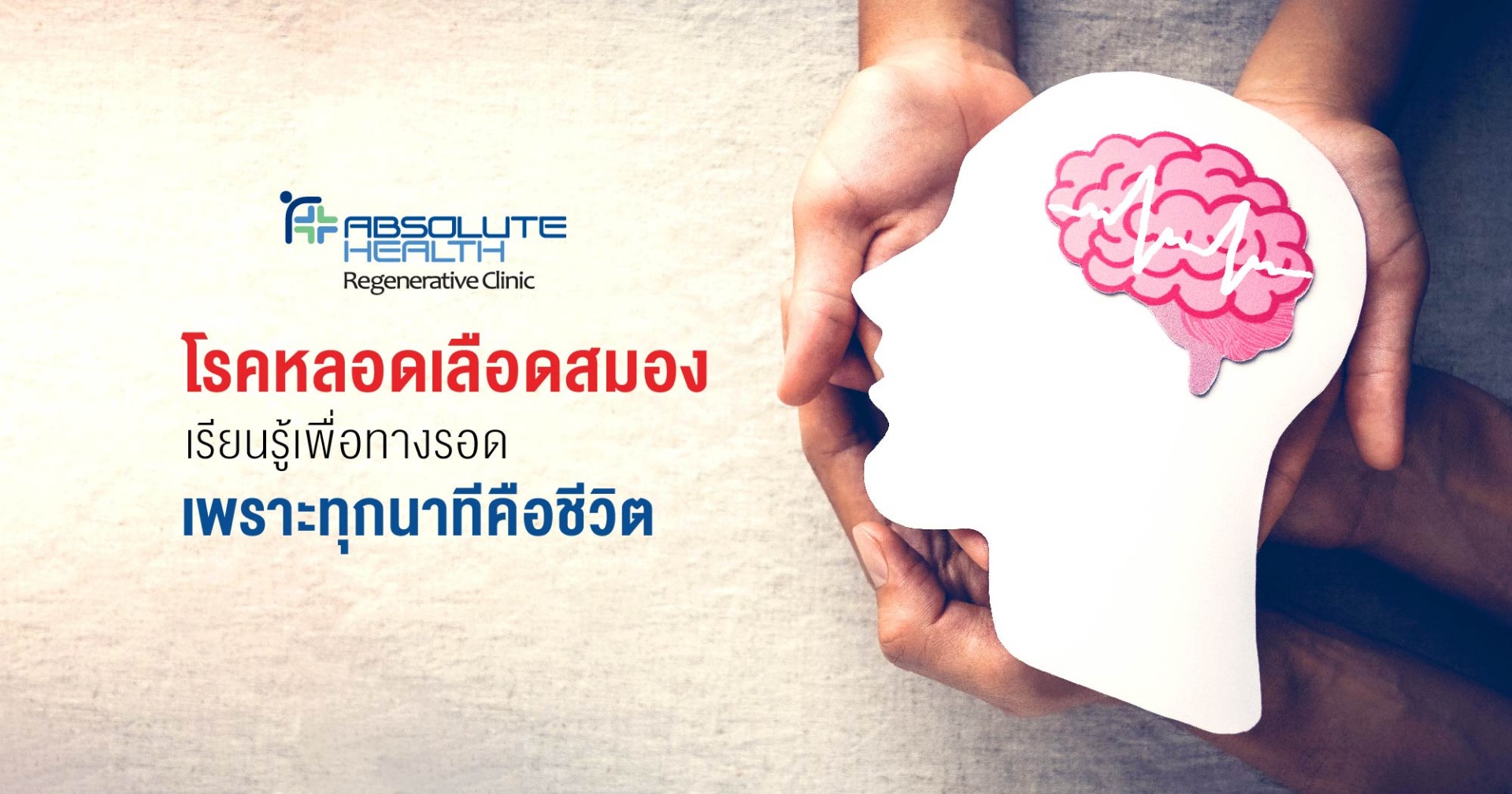
Stroke is a disease that affects the arteries leading to and within the brain. It occurs when a blood vessel that carries oxygen and nutrients to the brain gets blocked by a clot or ruptures. It is a form of cerebrovascular disease that is common these days. Around the world, 10 to 15 million people are affected by it.
Research studies have shown that approximately 35% will succumb to the disease while another 35% are permanently disabled due to it. However, it was also mentioned that 80% of Stroke is preventable and a percentage of patients have shown good recovery rate. The key is to recognize the symptoms and to take IMMEDIATE action.
Types of Stroke
The type of Stroke you have affects your treatment and recovery.
The three main types of Stroke are:
-
Ischemic Stroke.
-
Hemorrhagic Stroke.
-
Transient Ischemic Attack (TIA)
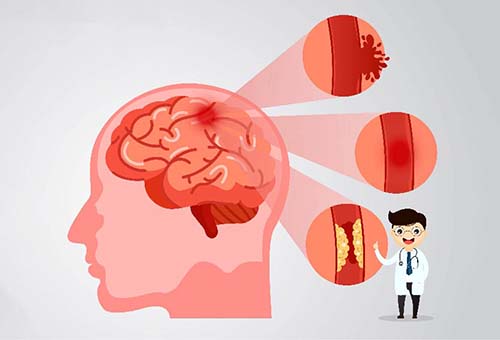
Ischemic Stroke
Most Strokes (87%) are ischemic Strokes. It happens when blood flow through the artery that supplies oxygen-rich blood to the brain gets blocked. Blood clots often cause the blockages that lead to ischemic Strokes.
Hemorrhagic Stroke
Hemorrhagic Stroke happens when an artery in the brain leaks blood or ruptures. The leaked blood puts pressure and damages the brain cells. High blood pressure and aneurysms can cause a hemorrhagic Stroke.
There are two types of hemorrhagic Stroke:
-
Subarachnoid hemorrhage is a less common type of hemorrhagic Stroke. It refers to bleeding in the area between the brain and the thin tissues that cover it.
-
Intracerebral hemorrhage is the most common type of hemorrhagic Stroke. It occurs when an artery in the brain bursts, flooding the surrounding tissue with blood.
Transient Ischemic Attack (TIA)
A Transient Ischemic Attack (TIA) is also known as a “mini-Stroke”. It is different from the major types of Stroke because blood flow to the brain is blocked for only a short time (no more than 5 minutes).
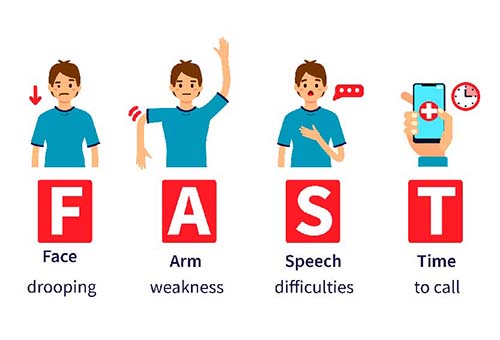
Warning signs
Below are some of the important warning signs and symptoms of a Stroke that one should know. Timely medical intervention, can prevent adverse effect of a Stroke. Therefore, recognizing the F.A.S.T warning signs and taking the right actions can make a difference.
-
Face: Crooked or unsymmetrical face.
-
Arm: weakness in limbs.
-
Speech: Unable to speak clearly.
-
Time: Duration of symptoms (must be treated within 3 hours).
Dangers of Stroke
By the time the symptoms of a Stroke clearly show, it means that the brain cells are already destroyed and thus, the brain loses its function. For severe cases, it can cause death, permanent disability or a form of disability that can take a long time to recover (slurred speech, motor control issues and more). Some patients may experience emotional disorder like laughing and crying for no reason. Other issues may include, forgetfulness (similar to Alzheimer's).

Risk groups:
-
People aged 65 and over. Research studies have shown that men are more at risk than women. However, the mortality rate of women with this disease are higher than men. Other risk factors are as follows:
-
Ethnicity, for example Caucasians and people of African descent are at greater risk.
-
People with a family history of Stroke such as parents, who have had Stroke.
-
People who have had a previous Stroke may have it again.
-
People with secondary illnesses are also at risk. These illnesses are as follows:
-
Diabetes
-
High blood pressure
-
High cholesterol
-
Sleep Apnea
It is important to note that this group patients need to take good care of their underlying condition by:
-
Healthy diet
-
Regular exercise
-
Sugar control
-
Watching their cholesterol levels
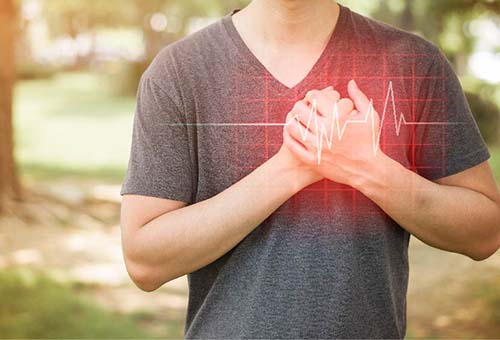
In-depth screening and health choices
If you are at risk of Stroke and want to protect yourself, apart from diet changes and regular exercises, regular health check-ups come highly recommended. Integrative Medicine approach strongly emphasizes on specialized in-depth examinations as it is one of the key factors that can reduce potential risk. These health examinations are highly specific to an individual’s condition and not just a regular sugar and cholesterol level checks. The recommended test are as follows:
-
High Sensitivity C-reactive Protein Test also known as HS – CRP test in short. It is an inflammatory substance level test for vascular disease risk. When the blood vessels in the body are inflamed, the liver produces a protein called C Reactive Protein. This test indicates the level of inflammation which at the same time is a risk indicator of the development of vascular disease.
-
Homocysteine Detection test checks on the levels of homocysteine in the body. This test is done to check the risk of vascular inflammation. Homocysteine is an amino acid residue secreted as waste in our body. If the residual levels are high, it will penetrate the blood vessels and will cause clots in the arteries as a result.
-
Fibrinogen test helps detect fibrinogen which is a type of protein which is synthesized in the body. It is responsible for the blood clotting factor. This test can help determine and detect any abnormalities that can occur in the body in case our body is high in protein.
-
D - Dimer is a test that has the ability to detect venous thrombosis. If the test value is high, it means that a blood clot has already occurred. This in turn means that the clot can clog up various organs of the body, including the brain.
However, knowing the results is not enough and appropriate steps need to be taken to ensure the prevention of Stroke. Knowing the warning signs of the disease, can and will help one to take necessary steps in preventing an adverse outcome. Having said the above, the old saying ‘prevention is better than cure” is definitely the path to take. Therefore, early detection and lifestyle adjustments are extremely important to ensure a happy and healthy you.



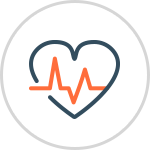
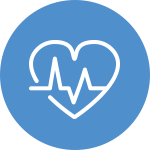
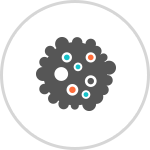
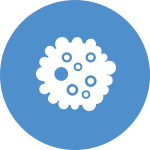
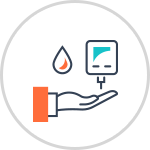
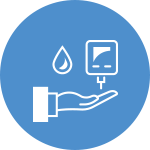
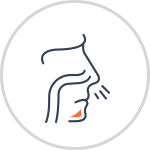
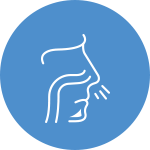
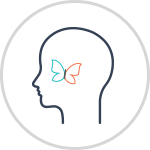
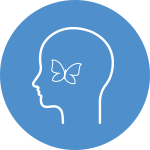
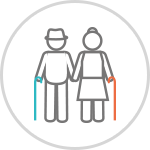
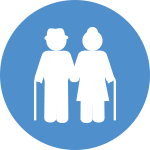
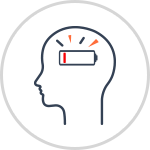
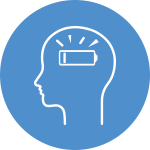
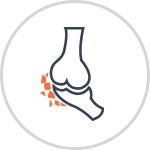
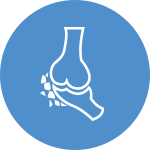
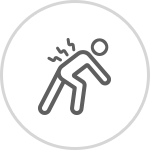
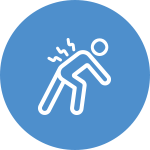
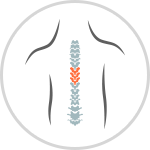
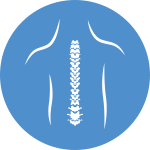
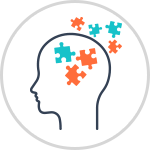
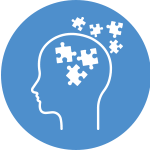
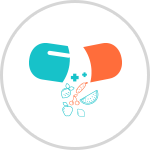
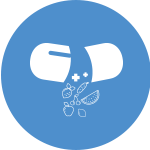

Sign In
Create New Account